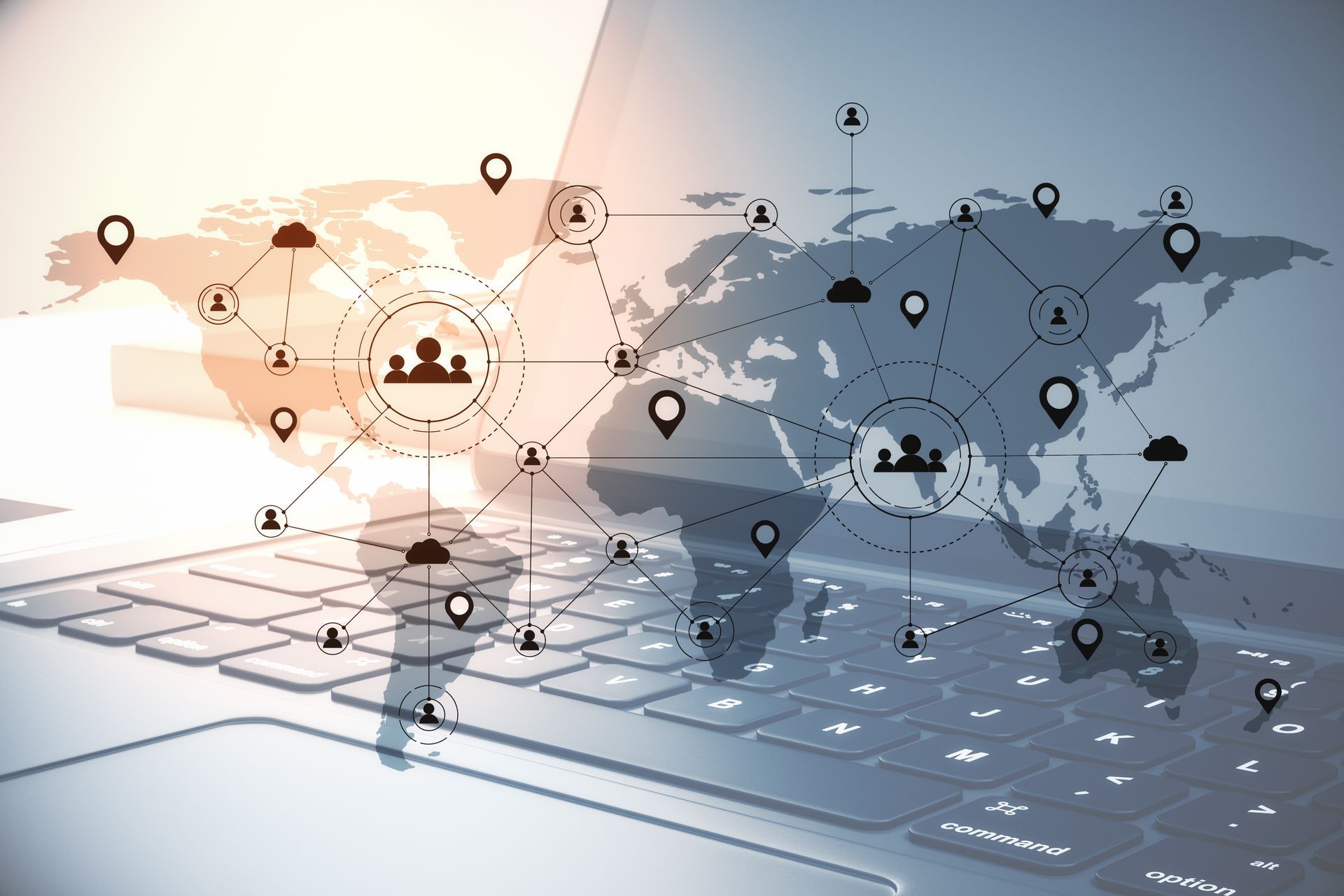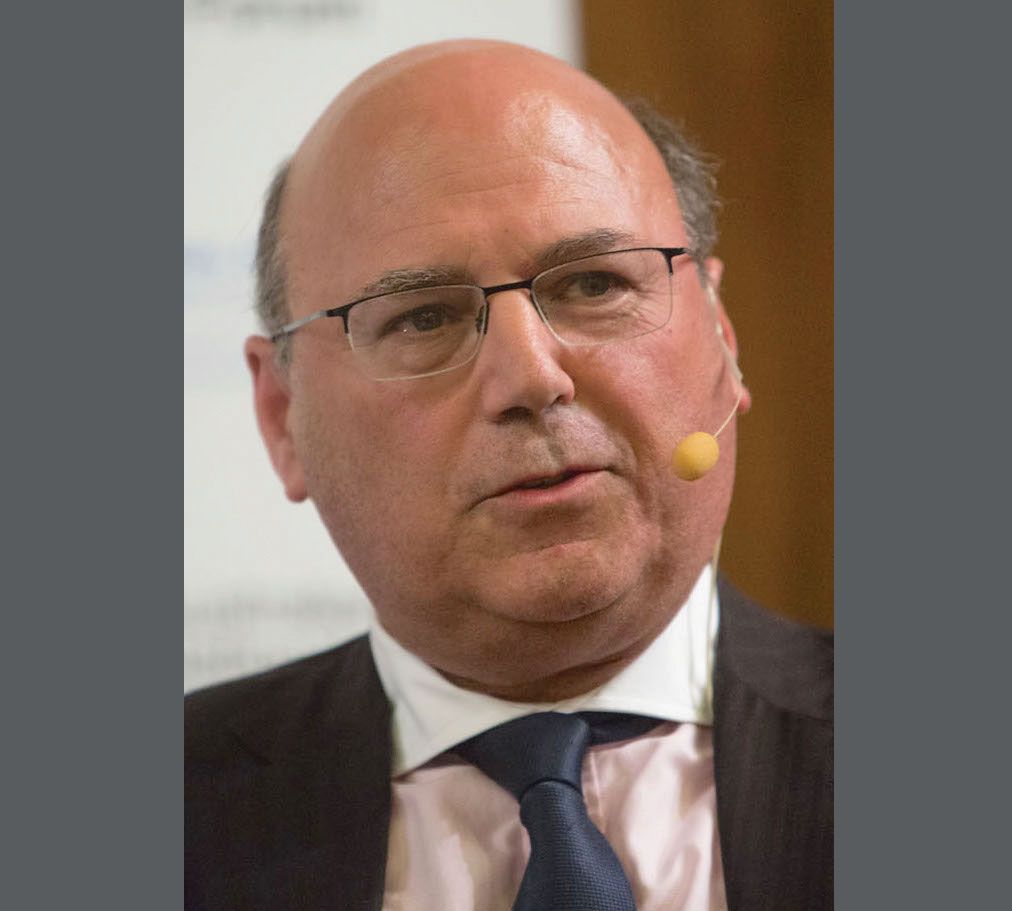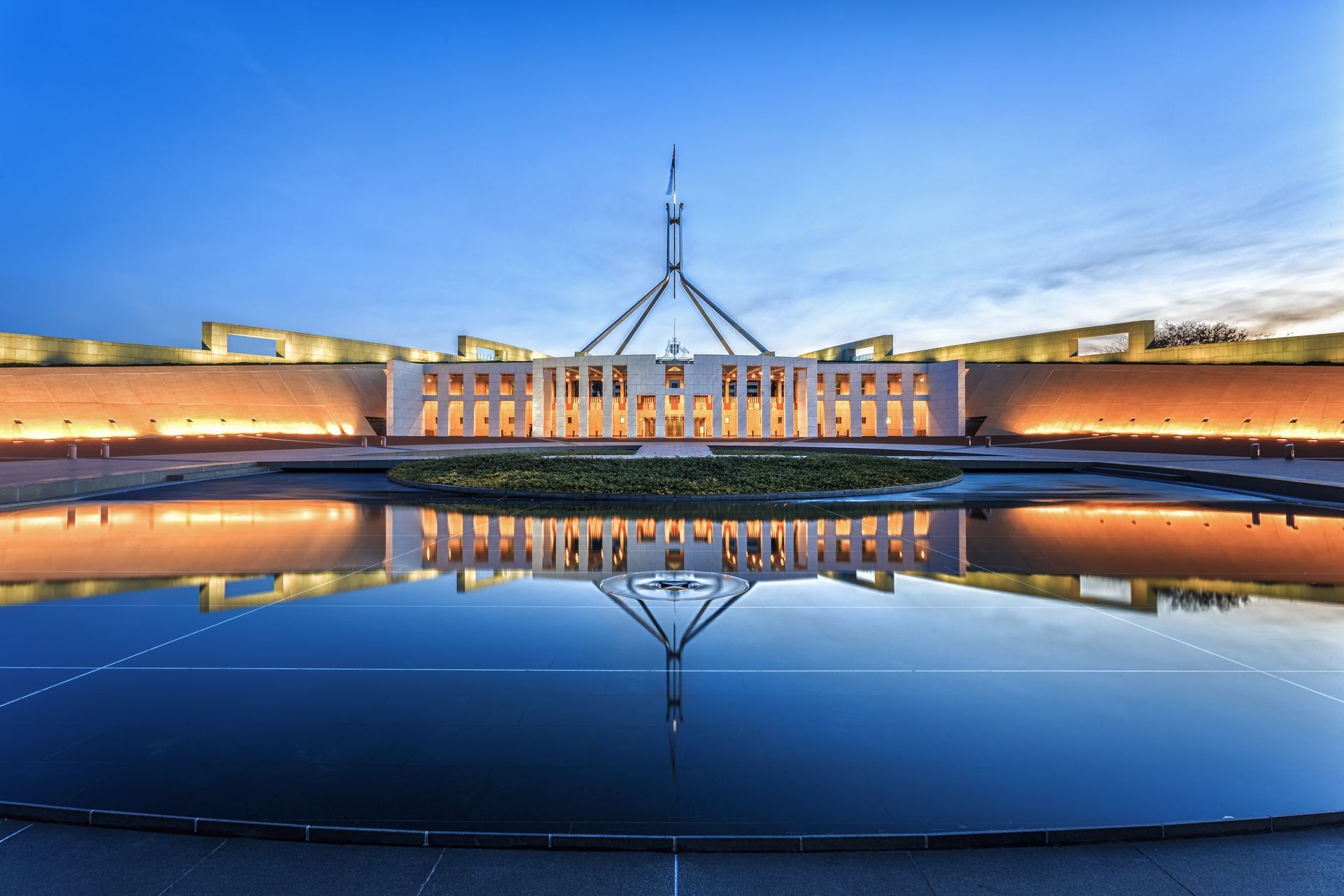From investing to positive impact
The origins of responsible and ethical investing lie with religious groups that sought to invest according to their various moral principles. Today a new standard needs to be applied to measure the effectiveness of this type of investment, writes Mathew Browning.
The scope, definition and adoption of responsible investing have expanded over time to encompass many aspects of society, the natural world and corporate behaviour.
From the 1960s onward, US colleges decided not to invest in apartheid South Africa, while a similar shift is now underway with fossil fuels.
The rise of responsibly and ethically charged investment, though, is not due to any single issue or event. An ever-shifting landscape of corporate scandals, environmental concerns, changing societal demands and rapid transformations in technology and business models make for constantly evolving dynamics.
Defining responsible investing
Gone are the days when investments were assessed solely on risk and return. “Non-financial” factors are of growing importance, but the terminology and methods can be confusing. A jumble of terms is used, often interchangeably, even when they may only partly overlap or have slightly different meanings.
A useful starting point is the way Responsible Investment Association Australasia’s (RIAA) puts it: an investment process that “takes into account environmental, social, governance (ESG) or ethical considerations”.
This raises an important point. While ethical investing comes under the umbrella term “responsible investing”, not all responsible investing strategies will take ethical considerations into account.
Consider “ESG integration”, the most used tool among modern-day investment managers seeking to adopt a responsible approach. ESG recognises that non-traditional ESG factors have financial relevance, but from an ethical standpoint, ESG is not enough. It is only concerned about the financial implications of factors such as pollution, carbon footprint or labour relations for companies – not whether they are right or wrong.
An investment manager weighing up a possible investment in energy giant BP would consider the company’s carbon footprint and possible effects of future carbon taxes on company profitability, but not whether their business activity is fundamentally good or bad for the world. It is possible for companies that operate in detrimental industries to have top ESG ratings.
An investment based on principles
Ethical investment goes both further and deeper than ESG analysis. Its strategy uses a range of tools, including ESG analysis, but also applies its own ethical filter on the investor’s principles. This can get complicated because what is considered “ethical” can vary among investors and organisations.
Ethical investment involves research and judgement as well as standards. It involves asking questions, gathering facts and weighing up the potential ethical implications of investment decisions. How do you conduct a deeper assessment of an international supply chain that might, on the surface, meet ESG standards? Take Woolworths Group, often screened out by responsible investors due to its alcohol production and poker machine operations. Has the company’s decision to spin off these businesses made it eligible for investment? What about a retailer that sells some tobacco products?
Linking investment decisions to impact
While ethical investing has gained in popularity, the hurdles of financial and non-financial impact have to date prevented more mainstream acceptance. Many studies have shown that investing ethically doesn’t mean sacrificing returns, but what about the non-financial impact? Can the societal benefit derived from investing in one security over another be quantified and measured?
Ethical investing can benefit humanity and the natural world, but how can we be certain whether it is making a discernible difference to lowering greenhouse gases, tackling poverty or increasing gender equality?
The most cited barrier to progress is not a lack of measurement, but rather the failure to adopt a single, universal standard – which increases investor trust and confidence. Currently, different standards are used to measure impact, including the Global Reporting Initiative and the Impact Reporting and Investment Standards. There is growing demand for a universal approach to measuring impact, and the UN Sustainable Development Goals (SDGs) have emerged as the clear favourite for a measurement framework.
The SDGs were officially launched in 2015 with the aim of creating a new global agenda for sustainable development. The 17 goals were developed by governments, but government action alone won’t be enough to achieve them. The United Nations has estimated that meeting the 17 SDGs will require global investment of between US$5 trillion and US$7 trillion every year until 2030.
UN SDGs in practice
Acceptance of global SDGs provides a clear call to action for the private sector and a much needed framework for responsible investors. Some of the SDGs are easier to contribute to than others; sometimes it is easier to address an SDG through investment decisions; sometimes it is easier to incorporate the SDG in active ownership. Whichever way, investors can contribute to solutions through them.
Several funds joined together to establish an AI-driven SDG investment platform – the Sustainable Development Investments Asset Owner Platform. It uses the definitions and taxonomy defined by the asset owners and turns those rules and methodology into classifications for 8,000 companies. Asset owners can integrate this data across all investment processes – quantitative and fundamental – and monitor, map and steer their portfolios.
The Impact Management Project (IMP), a forum for building global consensus on how to measure and manage impacts, has also been a prominent advocate of utilising the SDGs. The IMP provides a framework to understand the impact performance of different enterprises and investments against the SDGs and, with a network of over 2,000 organisations globally, will be integral in establishing standards for measurement, management and reporting.
We expect and support further acceptance of the UN SDGs as a sustainability framework and an effective way of not only managing ESG risk in a portfolio but also driving growth in investing that benefits people and the planet.
Mathew Browning is the Executive Director and Chief Executive Officer at U Ethical, and the former general manager of The Myer Family Company. He has over 30 years’ executive experience in financial, property and professional services in roles across Australia, Asia and the United Kingdom.
More Transformations Articles



